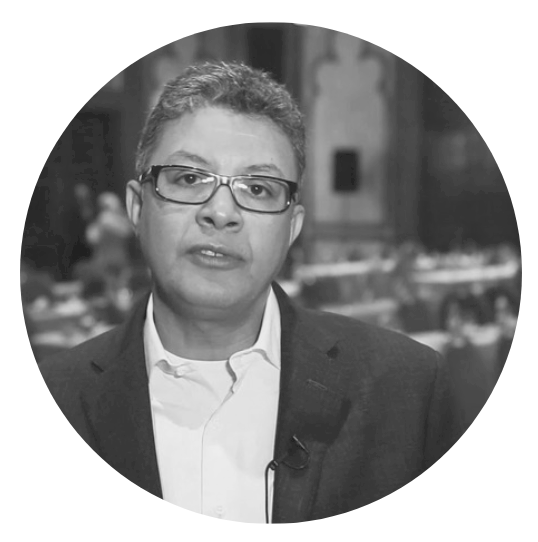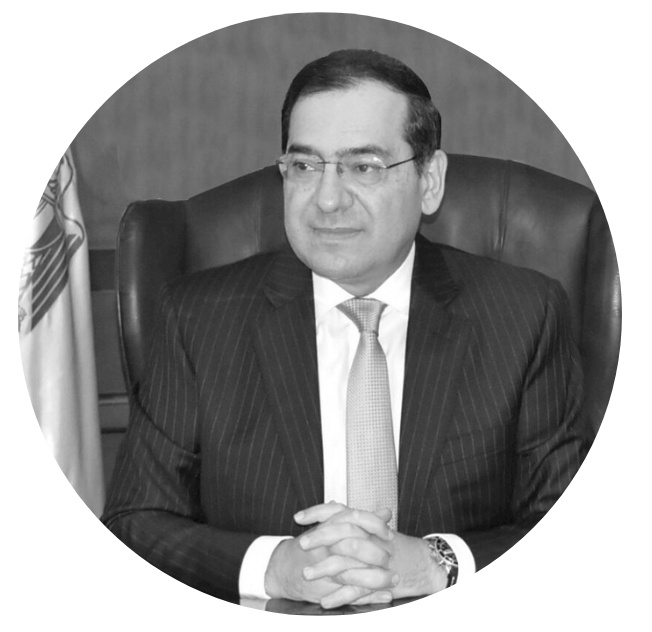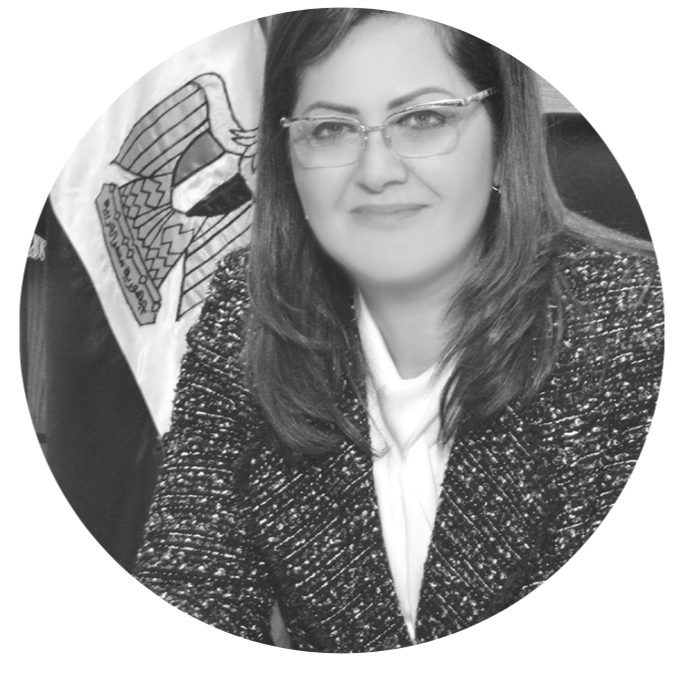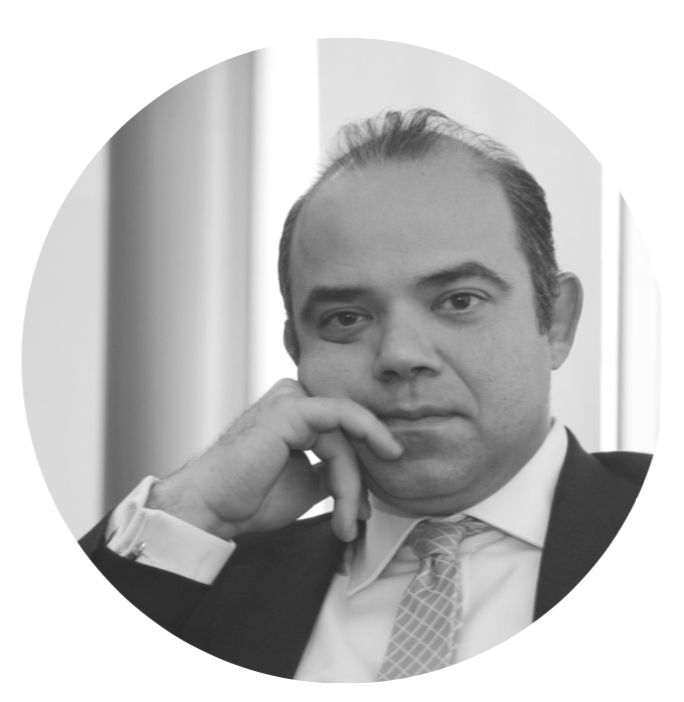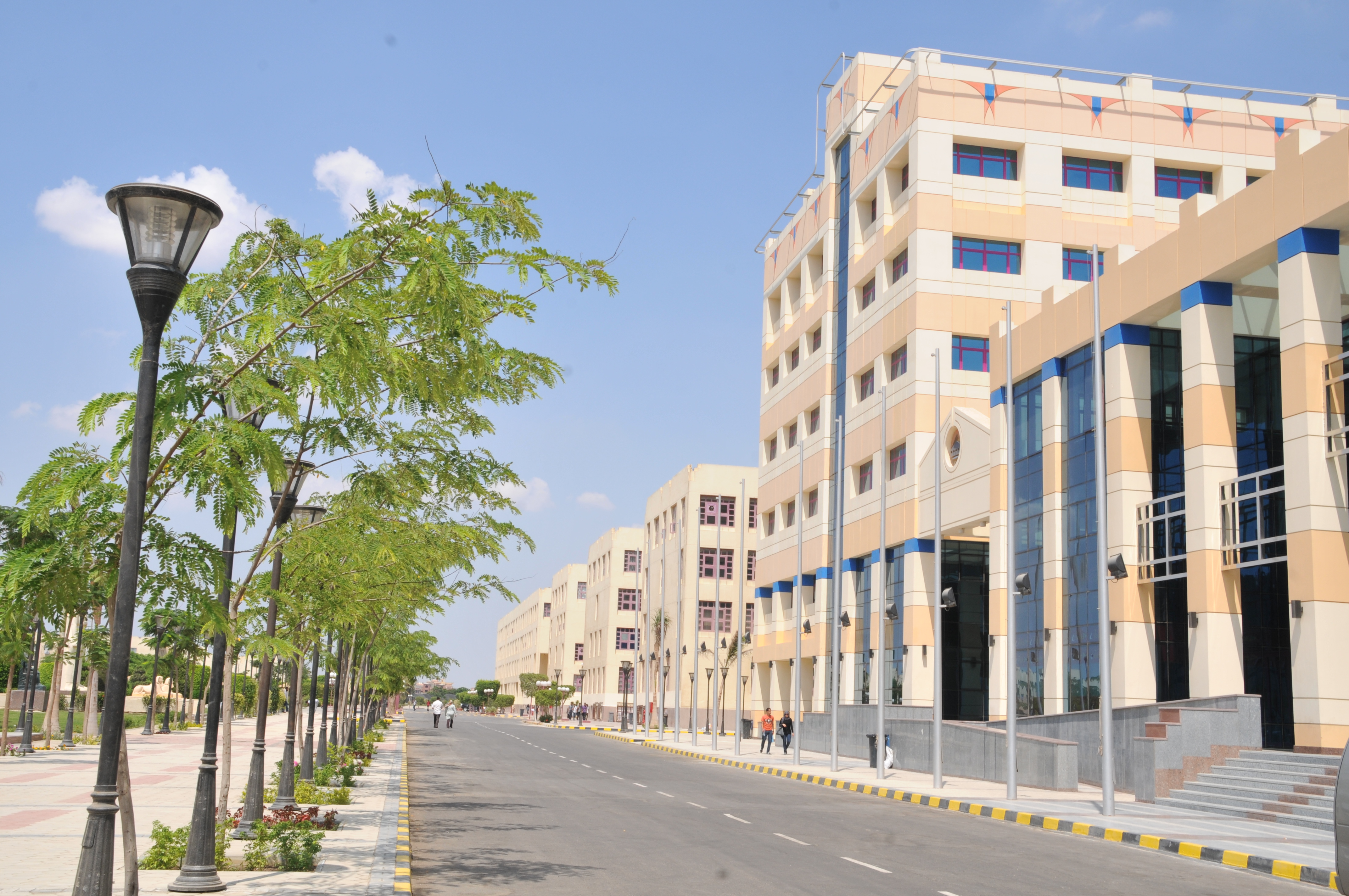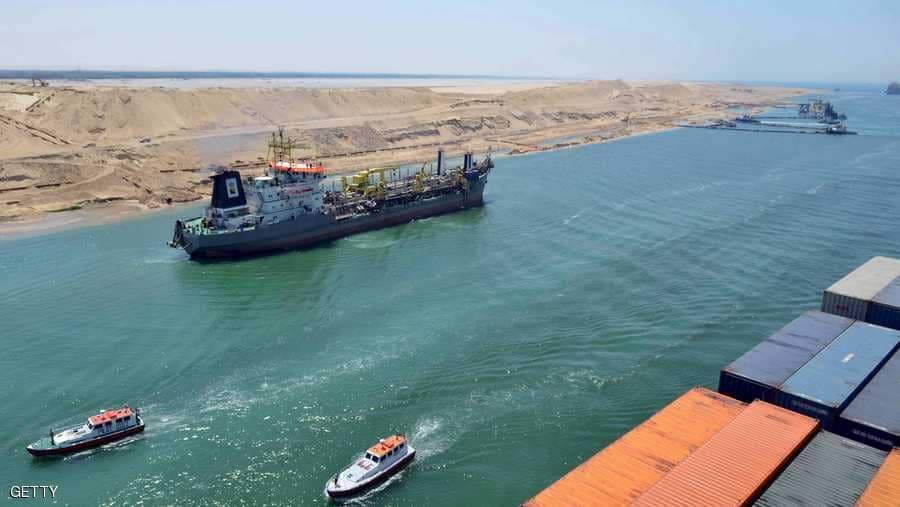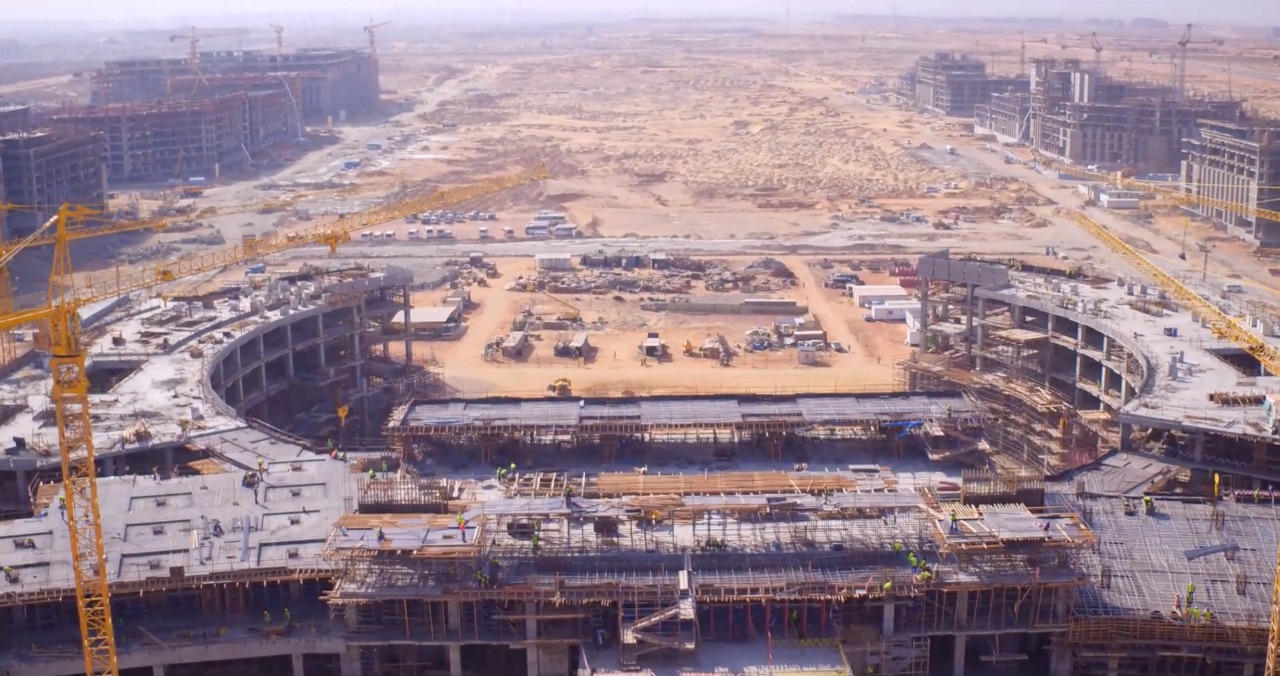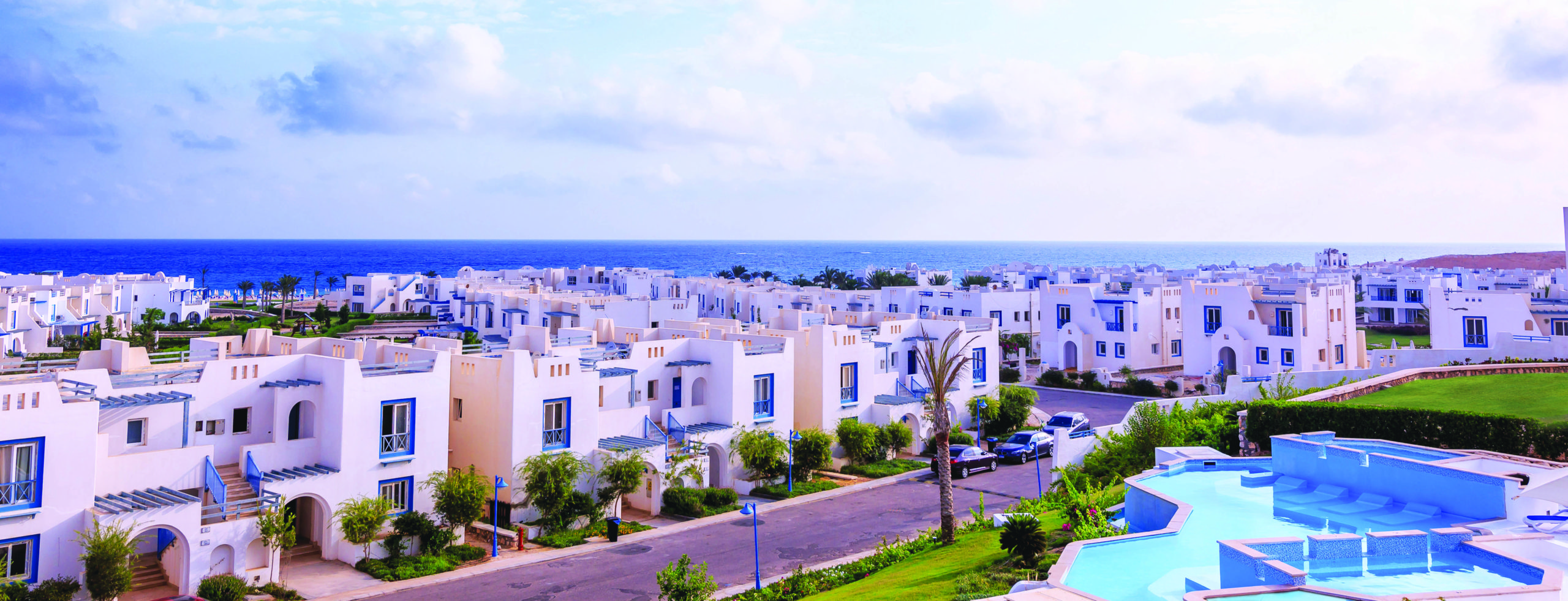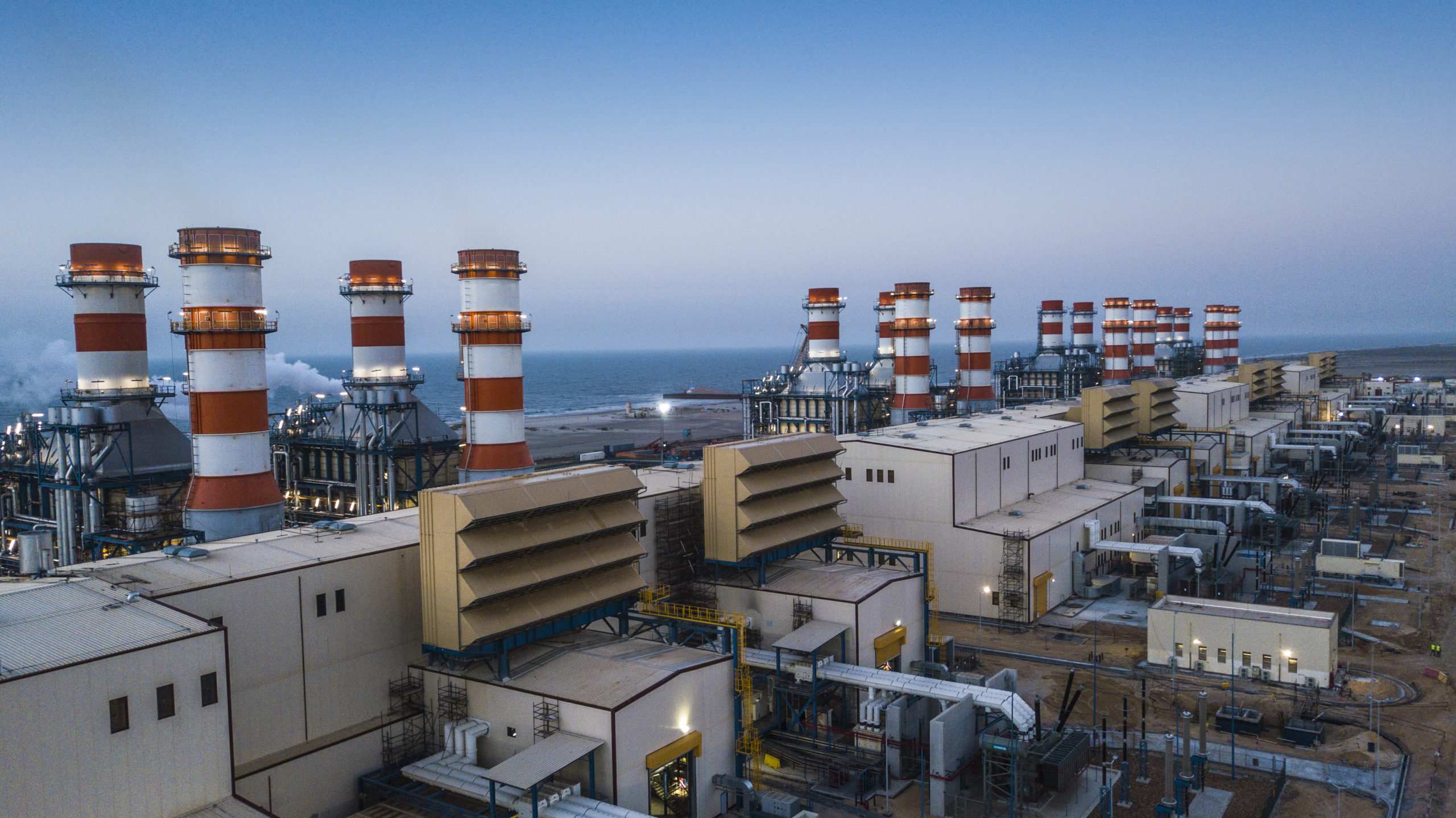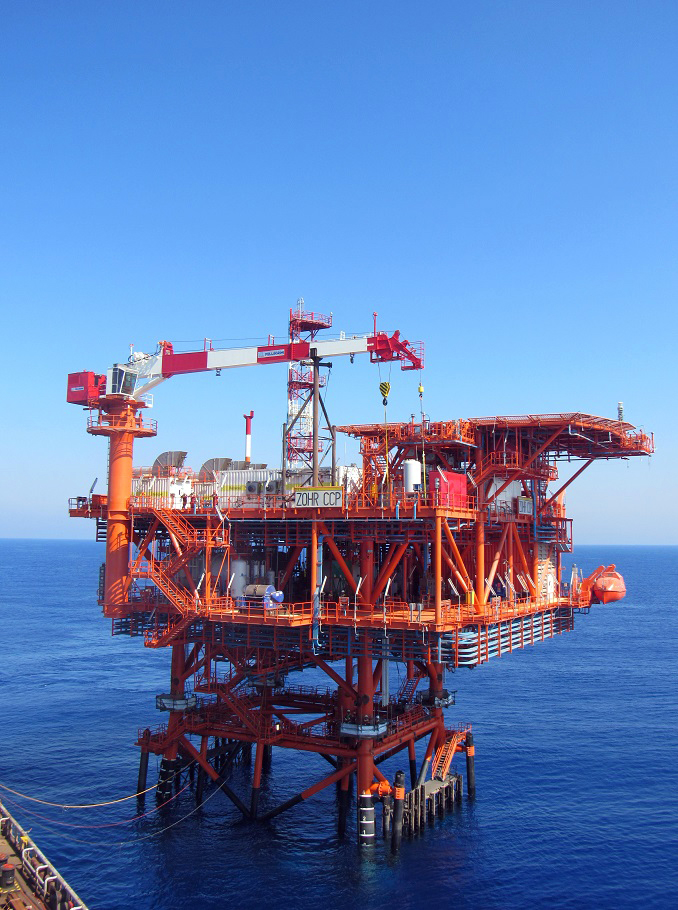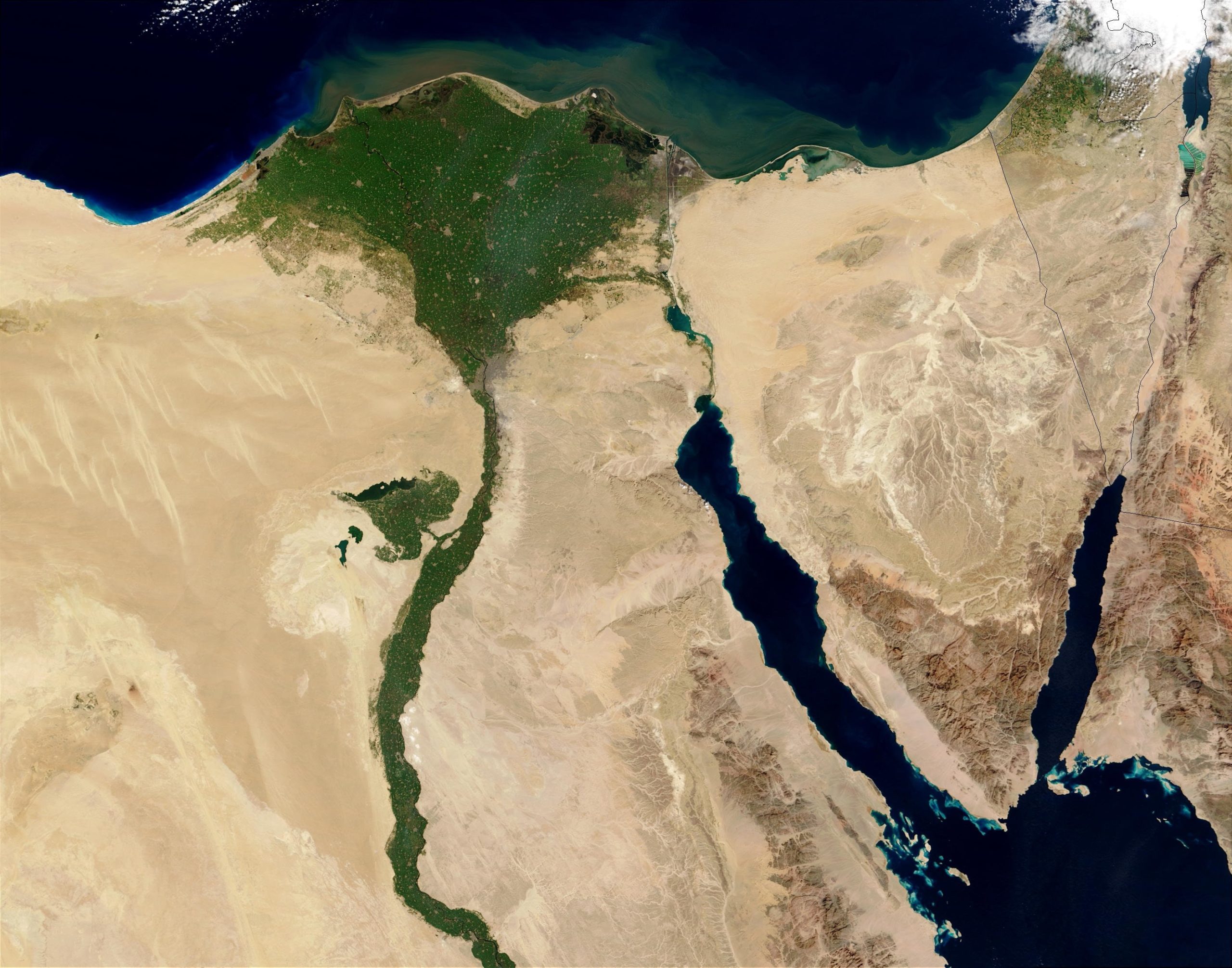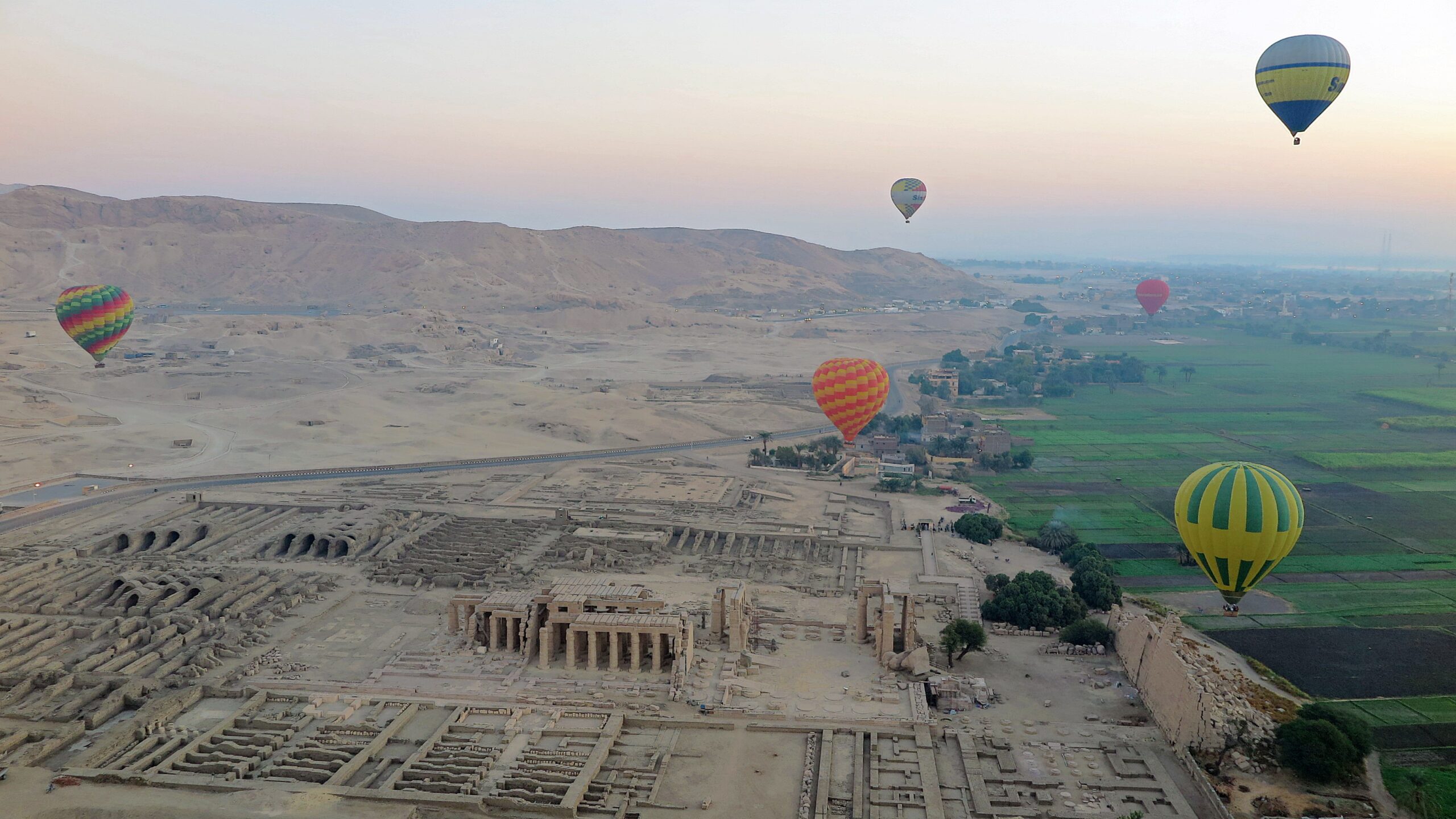
Based in Nicosia, the University of Cyprus (UCY) is a modern, diverse, and evolving student-centered institution established only three decades ago. Aspiring to function as a beacon of scientific thought, diversity, inclusiveness, equity, and creativity, UCY envisions its future as a leading institution in the greater Euro-Mediterranean area.
Established in 1989, UCY has 8 faculties, 22 departments, 820 faculty and staff, and 6,882 students. It has 29 undergraduate and 102 master and Ph.D. level programs on offer. It is a multilingual establishment offering courses for learning in 8 languages, and a specialized School of Modern Greek – teaching the Greek language to non-native speakers. The university also offers a Center for Entrepreneurship, Aula Cervantes, and Confucius Institute. UCY is a world-class university and is highly ranked globally.
International Outlook
UCY has a global network and actively contributes to European and international scientific developments. Its international outlook ranked it number 99 in the “Young University Rankings under 50 years old” category of the Times Higher Education World University Rankings 2022. It fosters strategic cooperation with top international institutions through the signing of Bilateral Agreements of Cooperation, is an active member in over 65 international university networks and associations, and takes part in the Erasmus+ program.


Excellence in Research
UCY is considered the leading university and the most active research institution in Cyprus. It has 2 centers of excellence, 16 research centers and 113 research laboratories. The Cypriot institution has an international track record of attracting funding and competitive grants. In 2021, it received EUR 27 million in research funding from external sources, and within Europe’s Horizon 2020, UCY ranks first in Cyprus with 154 research projects, bringing the total funding to over EUR 75.4 million. Overall, 750 of its young scientists are using external research funds and currently participating in 373 projects. Furthermore, UCY was awarded the HR Excellence in Research Award by the European Commission and follows the 2010: Charter and Code (C&C) for researchers.
Young University for the Future
UCY participates in the university alliance of Young Universities for the Future of Europe (YUFE), which is a major strategic partnership established between ten young research-intensive European universities. It aims to bring radical change in European higher education by establishing itself as the leading model of a young, student-centered, non-elitist, open and inclusive European University.
Why Study at the University of Cyprus?
UCY is an EU university with internationally recognized degrees, state-of-the-art infrastructure, high-caliber academics, and competitive tuition fees and scholarships. The university combines excellence in teaching and research with innovative educational programs. Its alumni declare high graduate employability (nearly 83% on a full-time basis) and excellent career prospects. UCY opens doors for further education or research opportunities in world-class universities and research centers.

